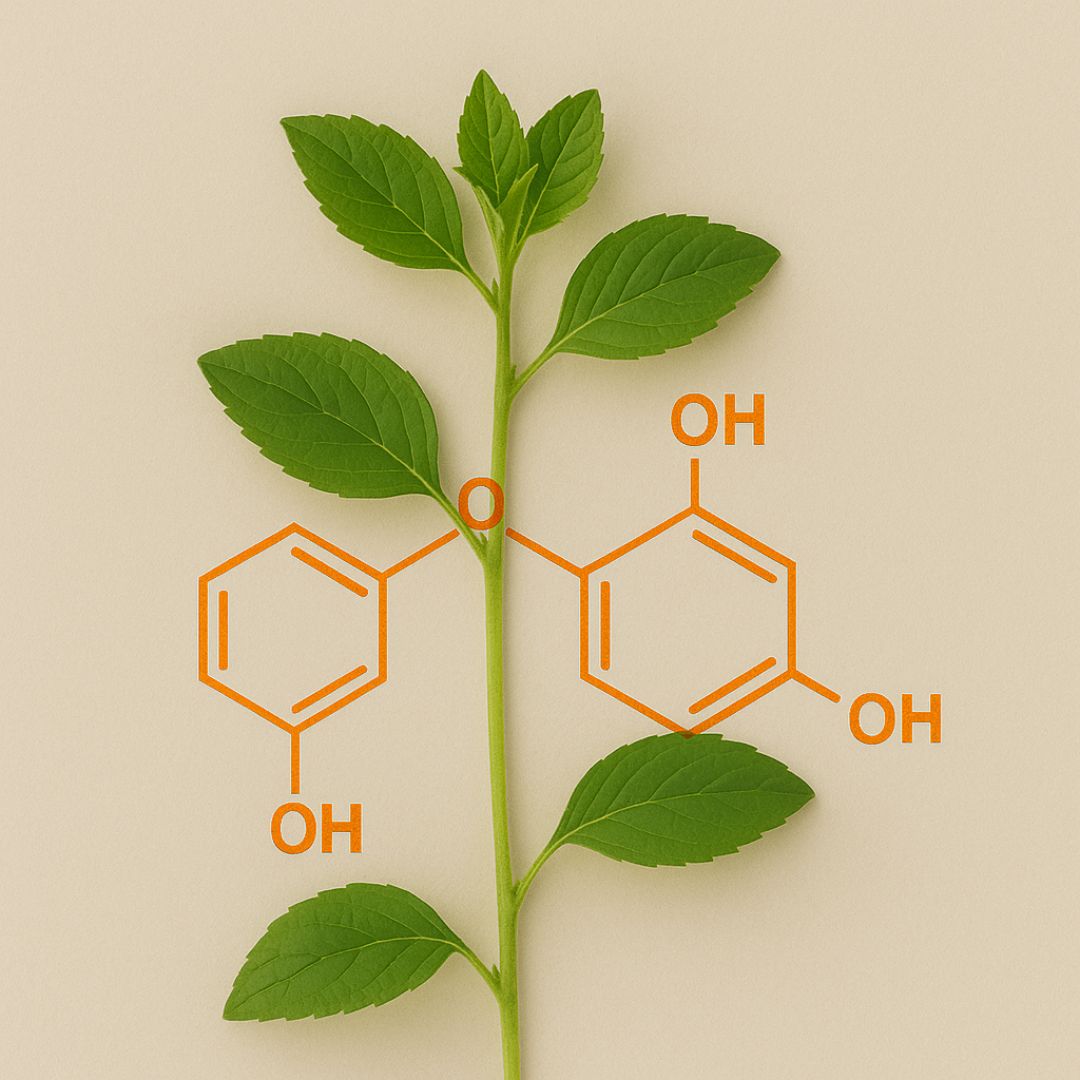Unveiling the Secrets of a Youthful Diet: The Role of Flavonoids in Retarding Aging
The quest for the fountain of perpetual youth has captivated humanity for centuries. While the elixir of eternal life remains elusive, recent research provides an intriguing glimpse into the potential of certain dietary choices to decelerate the aging process. In this article, we delve into the captivating realm of flavonoids and their function in fostering youthful biological ages, as unveiled by a groundbreaking study published in the Journal of Translational Medicine.
Nature's Anti-Aging Elixirs
Flavonoids are compounds found in plants, and they are notably abundant in the fruits and vegetables that form the bedrock of the Mediterranean diet. These natural substances possess remarkable antioxidative and anti-inflammatory attributes, rendering them formidable allies in the struggle against the ravages of time. What's even more intriguing is that some flavonoids, such as fisetin and quercetin, exhibit senolytic properties. Senescent cells, which cease to proliferate and emit inflammatory molecules, are a hallmark of aging. Fisetin and quercetin selectively target and obliterate these non-proliferative senescent cells, potentially retarding the aging process at the cellular level.
The Key to Timeless Aging?
For years, researchers have postulated about the potential of flavonoids to counteract the effects of aging. However, concrete evidence linking flavonoid consumption to a decelerated aging process has been conspicuously absent—until now. Chen and his colleagues from the Zhejiang Provincial Key Laboratory of Geriatrics in China embarked on a comprehensive study to explore this very question.
The Study: Flavonoids and Biological Age
Chen and his team initiated an exhaustive examination of 3,193 adult participants, categorizing them into three groups based on their dietary flavonoid intake. To gauge biological age, the researchers employed a blood chemistry-based method. Biological age pertains to how advanced one's body appears based on various markers, diverging from chronological age, which merely signifies the number of years one has traversed in life.
The findings of the study are nothing short of astonishing. Among adults who ingested the most substantial levels of flavonoids and refrained from smoking or indulging excessively in alcohol, their biological ages were, on average, 1.10 years younger than their chronological age for the entire body, 1.68 years younger for the heart, and a staggering 4.69 years younger for the liver. These outcomes provide compelling proof that a diet rich in flavonoids can indeed retard the aging process, as exemplified by markedly lower biological ages in comparison to chronological ages.
Aging with Grace: The Ideal Candidates
While the overarching findings are encouraging, the study also endeavored to pinpoint the specific factors and practices that may contribute to the advantages of a flavonoid-abundant diet against aging.
• Age Plays a Vital Role: The advantages of a high-flavonoid diet were most pronounced in individuals aged 60 and beyond.
• Smoking and Alcohol Consumption: Individuals who refrained from smoking and imbibed alcohol in moderation experienced more pronounced reductions in biological age.
• Physical Activity Matters: Participants who engaged in regular physical activity also reaped more substantial benefits from flavonoid consumption.
In essence, older individuals who abstain from smoking, consume alcohol in moderation, and adhere to an active lifestyle appear to derive the most substantial anti-aging advantages from a diet rich in flavonoids.
Glimpsing the Future: Advancing our Understanding of Flavonoids
While this study offers compelling insights into the potential anti-aging effects of flavonoids, it is imperative to acknowledge its constraints. The evaluation of biological age was solely predicated on blood markers, which may not encompass the entire intricacy of the aging process. Other advanced methodologies, such as telomere length and DNA methylation, might furnish a more holistic comprehension of biological age.
Another notable limitation is the study's omission of the potential impact of medication utilization on the blood markers employed to assess aging. Given that a higher proportion of individuals aged 60 and over utilize medications, this element might have influenced the observed advantages in this age category.
Furthermore, it is imperative to underscore that this study establishes a correlation between flavonoid consumption and a decelerated aging process, rather than establishing causation. To affirm the role of high dietary flavonoid consumption in retarding aging, forthcoming research should endeavor to eliminate the potential effects of medication utilization, employ more advanced techniques for assessing biological age, and probe deeper into the mechanisms via which flavonoids exert their anti-aging effects.
Nurturing Youthfulness with Flavonoids
As we continue our quest to unveil the mysteries of aging gracefully, the significance of our dietary selections cannot be overstated. Chen and his colleagues' research suggests that a diet replete with flavonoids, a hallmark of the Mediterranean diet, may indeed possess the key to slowing down the aging process. While additional investigations are indispensable to validate causation and probe the underlying mechanisms, the evidence is compelling: a diet rich in flavonoids can culminate in biological ages that defy the relentless march of time.
Therefore, if you aspire to rewind the clock and bask in a healthier, more youthful existence, contemplate embracing the potency of flavonoids. Integrate an assortment of fruits, vegetables, whole grains, legumes, nuts, fish, and olive oil into your daily nourishment. Fuse this dietary transformation with a smoke-free lifestyle, restrained alcohol consumption, and consistent physical activity, particularly if you find yourself beyond the age of 60. You may very well unearth the elusive fountain of youth right on your plate. While the quest for everlasting youthfulness persists, one thing remains crystal clear: the gifts bestowed upon us by nature, embodied in the form of flavonoids, are treasures well worth savoring on your odyssey to a healthier, more vivacious version of yourself.





